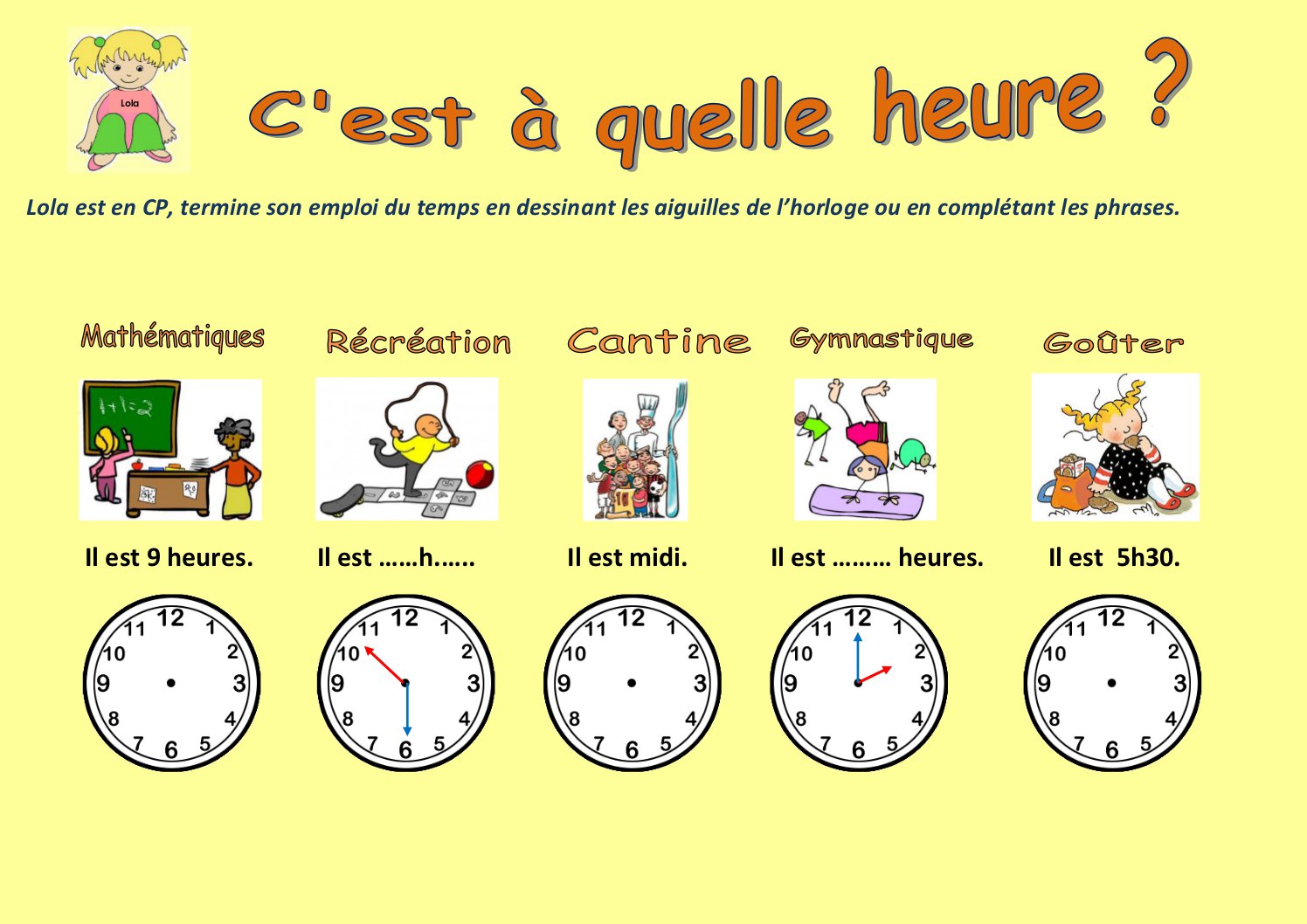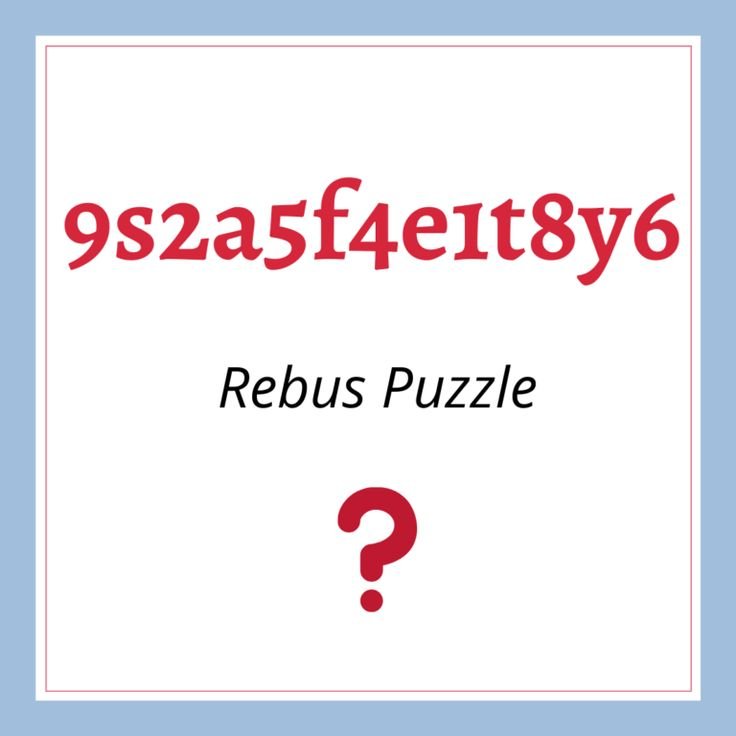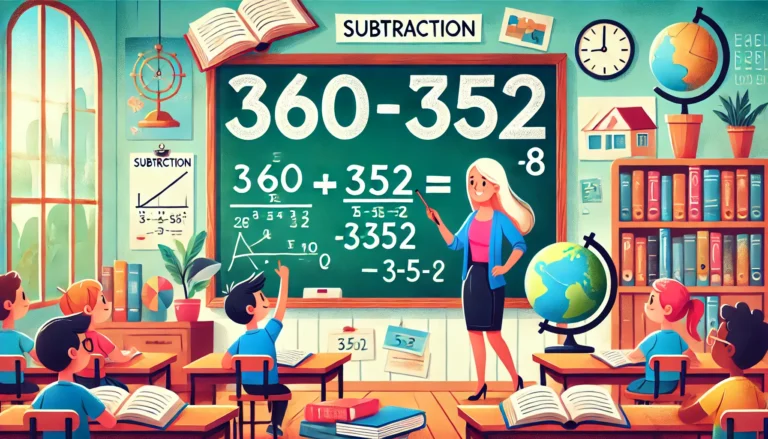A Quelle Heure: Exploring the Meaning and Usage of the French Phrase
In the French language, “a quelle heure” is a normally used word that translates to “at what time” in English. This expression performs a widespread position in regular conversations and is essential for know-how time-associated discussions. In this article, we are able to explore the that means and usage of “à quelle heure,” its contextual significance, commonplace expressions related to it, and how to ask questions using this word.
Understanding the Literal Translation English
When translated actually, “à quelle heure” means “at what time.” It is a mixture of the preposition “a” (at) and the query word “quelle-heure” (what time). This simple phrase serves as the foundation for constructing time-related questions and statements in French.
Contextual Meaning and Usage
“A quelle heure” is more often than not used to ask approximately the particular time of an occasion, appointment, or pastime. It enables establish readability and precision whilst discussing schedules or planning. By the usage of this phrase, individuals can inquire approximately the time of a assembly, the begin of a movie, or some other time-associated facts they are seeking.
Common Expressions with “A Quelle Heure”
| French | English Translation |
|---|---|
| À quelle heure commence le film? | What time does the movie start? |
| À quelle heure arriveras-tu? | What time will you arrive? |
| À quelle heure est le déjeuner? | At what time is lunch? |
| a quelle heure poster sur instagram | what time to post on instagram |
These expressions demonstrate the versatility in various contexts and serve as useful examples for understanding its usage.

How to Ask “A Quelle Heure” Questions
To ask a question using it follow this basic structure:
“A quelle heure + verb + subject?”
For example:
- “A quelle heure finit le cours ?” – At what time does the class end?
- “A quelle heure ouvre la bibliothèque ?” – At what time does the library open?
Grammar:
In French grammar, the word “quelle” is the feminine form of the interrogative pronoun “quel,” which means that “which” or “what.” It agrees in gender and variety with the noun it modifies.
In English grammar, interrogative pronouns do now not go through adjustments primarily based on gender or number. Therefore, whilst translating this the word “quelle” will become “what” without any modifications.
Vocabulary:
The word “heure” in French interprets to “hour” in English. This translation maintains the middle that means of the word and appropriately conveys the concept of time.
However, it’s far well worth noting that “heure” also can be translated as “time” in positive contexts, depending on the sentence structure and common which means.
Syntax:
The word “A quelle heure” follows a different sentence structure than its English translation. In French, questions frequently begin with the interrogative adverb or pronoun, accompanied via the problem and verb.

However, in English interrogative sentences, the situation and verb are repositioned, and questions commonly begin with the verb.
Examples of “A Quelle Heure” in Conversations french to english
Conversation 1:
Person A: “On se voit demain ?” – Shall we meet tomorrow? Person B: “Oui, à quelle heure ?” – Yes, at what time?
Conversation 2:
Person A: “Quand est ton vol ?” – When is your flight? Person B: “Il est à quelle heure ?” – What time is it?
These examples show the use to inquire about the time of a meeting and a flight, respectively, showcasing its sensible utility in normal conversations.

Cultural Significance of Time in French Culture
Time holds wonderful significance in French manner of existence. Punctuality and apprehend for schedules are exceptionally valued developments. Using “à quelle heure” successfully and being aware about time-related commitments reflects cultural norms and etiquettes. Additionally, discussions about meal times, public transportation schedules, and social occasions regularly involve particular references to time, making it essential word to grasp.
Other Languages and Telling Time
Just like in French, time expressions can vary greatly across languages. Here are a few examples:
| Language | Time Expression | Translation |
|---|---|---|
| Spanish | ¿Qué hora es? | What time is it? |
| German | Wie viel Uhr ist es? | What time is it? |
| Italian | Che ore sono? | What time is it? |
| Japanese | 何時ですか? | What time is it |
Conclusion
This sentence serves as a essential phrase in the French language when discussing time-associated matters. Whether used to invite questions, time table appointments, or interact in regular conversations, this expression allows powerful communique concerning specific timings. By expertise its that means, usage, and not unusual expressions, novices of French can enhance their conversational capabilities and navigate time-related discussions with self belief.






